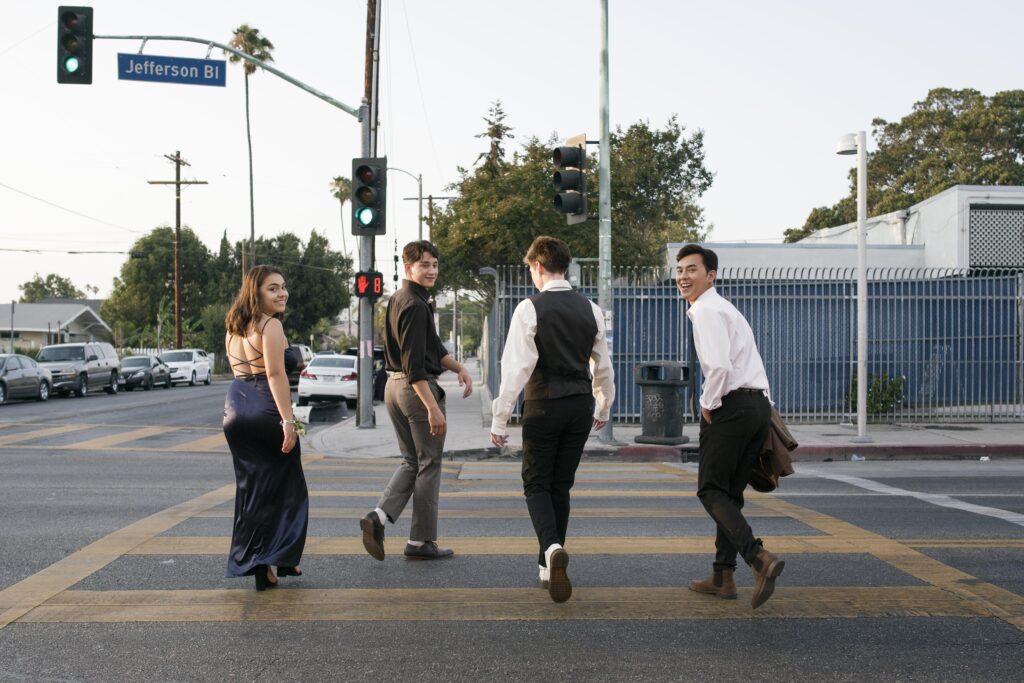Do you need clarification on the statute of limitations in California and are still determining the time limits for filing a lawsuit? You’re not alone; we’ve also navigated these labyrinthine laws, learning that the statute of limitations for personal injury cases in California is two years from the date of injury. Below, we discuss some rights the police don’t want you to know.
Stay with us as we unravel this legal maze!
Understanding Statute of Limitations in California
The statute of limitations in California refers to the legal time limits for filing lawsuits or bringing criminal charges.
Definition and Purpose of Statute of Limitations
A statute of limitations is a law that sets the maximum time for parties to initiate proceedings from the date of an alleged offense. In California, these statutes range from one year to 10 years, depending on the case or procedure involved.
The purpose behind such laws is simple yet vital in offering a fair legal framework. They ensure timely resolution of disputes and protect defendants from stale claims that may have lost their legitimacy over time.
Moreover, they put the onus on individuals to exercise their right to file lawsuits within certain deadlines, maintaining an efficient flow in our justice system.
Why SOLs exist
The legal system institutes Statutes of Limitations in an attempt to ensure fairness. Statutes of Limitations (SOLs) exist mainly to provide fairness and clarity in the justice system. They establish a certain timeframe within which legal actions need to be initiated.
This is crucial because as time passes, evidence may deteriorate or become less reliable, and witnesses’ memories might fade, or they could move away or even pass on.
Additionally, SOLs serve another vital purpose—maintaining the validity of legal proceedings. If a lawsuit about an event that happened many years ago suddenly springs up without any previous indication, it could catch defendants off guard with potentially no resources to defend themselves adequately.
Such situations are not conducive to fair trials; hence, SOLs ensure cases are brought forth within a reasonable timeframe for both parties involved.
Time Limits for Misdemeanors and Felonies
In California, the law stipulates specific time limits for prosecuting misdemeanors and felonies. These periods are known as the statute of limitations. Most misdemeanors have a one-year limit, while felony crimes generally carry a three-year period within which charges should be filed.
However, there’s some flexibility in these rules depending on the severity of the crime. Some lesser felonies could also observe a three-year timeframe, but certain serious offenses can have an extended prosecution period beyond this general rule.
Crimes With No Statute of Limitations
Certain serious crimes in California, such as murder, kidnapping, and other violent offenses, have no statute of limitations. This means there is no time limit for prosecuting these crimes.
Capital crimes like murder can be charged at any time by the government. Additionally, felonies such as murder-related offenses, attempted murder, felony sexual abuse of a minor, and sex trafficking also do not have any time limits for prosecution. It is important to note that individuals can be charged for these crimes at any time.
Exceptions and Considerations
There are instances where the statute of limitations can be tolled, paused, or even charged after it has passed. These include:
Tolling of the Statute of Limitations
Exceptions and considerations can toll (or pause) the statute of limitations in California. This means there are certain circumstances where the legal deadline for filing a case may be extended.
For example- if someone commits a crime but leaves the state before they can be prosecuted, the clock on the statute of limitations may stop until they return. Additionally, in real estate fraud cases, the discovery rule can allow for an extension of time to file a lawsuit.
If someone discovers fraud after the normal statute of limitations has passed, they may still have time to take legal action. It’s important to note that these exceptions and considerations vary depending on the type of case and specific details involved.
Discovery Rule
Discovery is the gathering of evidence either to either prove the innocence of the defendant or to win the case for the plaintiff. The discovery rule is an important exception to the statute of limitations in California law. It allows for filing a legal claim even after the usual time limit has expired.
This rule applies when the injured party discovers or should have discovered the cause of action. Individuals can extend the statute of limitations by invoking the discovery rule for their legal claim.
This exception is frequently used in cases involving real estate fraud in California. It provides an opportunity for justice even when it may seem like time has run out.
Pausing of the Statute of Limitations
In certain circumstances, the statute of limitations in California can be paused or tolled. This means that the clock on the time limit for filing a lawsuit is temporarily stopped.
There are several situations where this can happen, such as when the plaintiff is a minor, out of state, incapacitated, legally insane, or in prison. When the statute of limitations is paused, it gives individuals who may not have been able to file their claim within the regular time limits an opportunity to do so when these exceptional circumstances no longer apply.
It’s important to note that each situation has specific rules and requirements for pausing the statute of limitations.
Charging After the Statute of Limitations Has Passed
If charges are filed after the statute of limitations has passed, there are potential consequences. The case may be subject to dismissal or a demurrer at the time of arraignment. However, it’s important to note that there are exceptions to the statute of limitations in California.
In certain circumstances, such as crimes punishable by death or those without a specified time limit, charges can still be pursued even if the limitations period has expired. It is crucial to consult with legal professionals who can guide you on pursuing charges after the statute of limitations has passed.
Statute of Limitations in Civil Cases
The fourth section of the blog will provide an overview of California’s civil statute of limitations, including the time limits for different types of cases.
Overview of Civil Statute of Limitations in California
California’s civil statute of limitations sets specific time limits for filing lawsuits in different cases. These time limits are legal deadlines determining how long you must take legal action. The duration of these legal actions can vary, ranging from as little as one year to as much as 10 years, depending on the nature of the case.
Time Limits for Different Types of Cases
The statute of limitations in California varies depending on the type of case. For personal injury cases, you typically have two years from the date of the injury to file a lawsuit.
Breach of contract cases have a four-year time frame from when the contract was broken. It’s important to note that these time limits can range from one year to 10 years, depending on the specific nature of the case.
Seeking Legal Help and Conclusion
Seeking legal help is crucial when dealing with statute of limitations issues in California. It is important to consult with an experienced criminal defense attorney like David L. Faulkner, who can guide you through these laws’ complexities and ensure your rights are protected.
Get in Touch With David L. Faulkner for Assistance Today!
If you are facing a criminal charge in Bakersfield, CA, or anywhere in Kern County, contact David L. Faulkner for help today! As a criminal defense attorney specializing in Criminal Law, he offers affordable and effective legal representation. He can also guide you on how best to use the statute of limitations in California.










